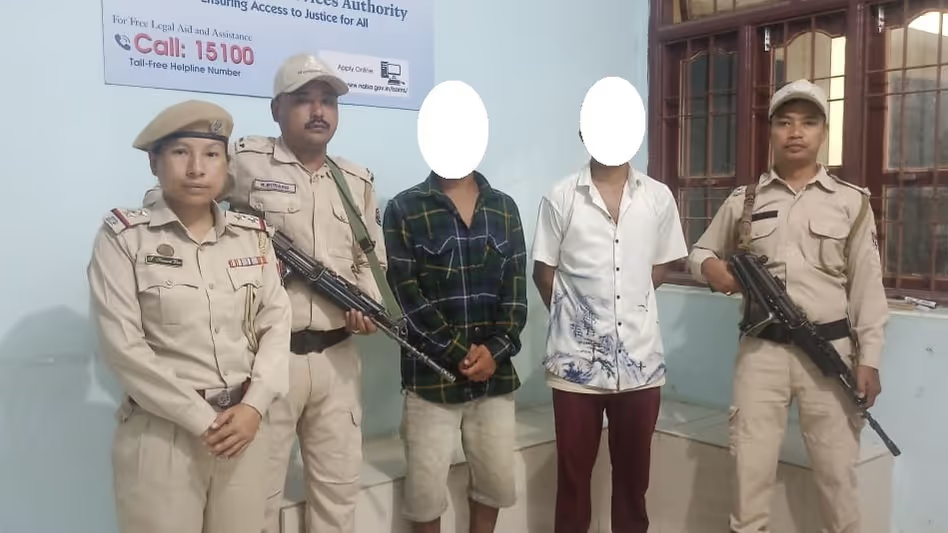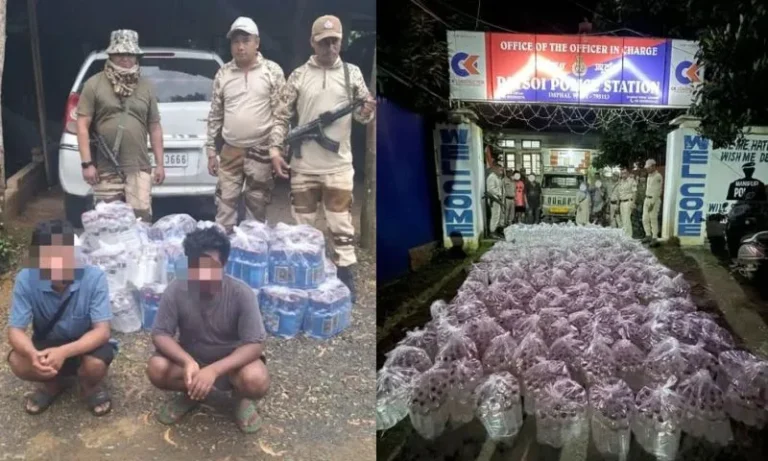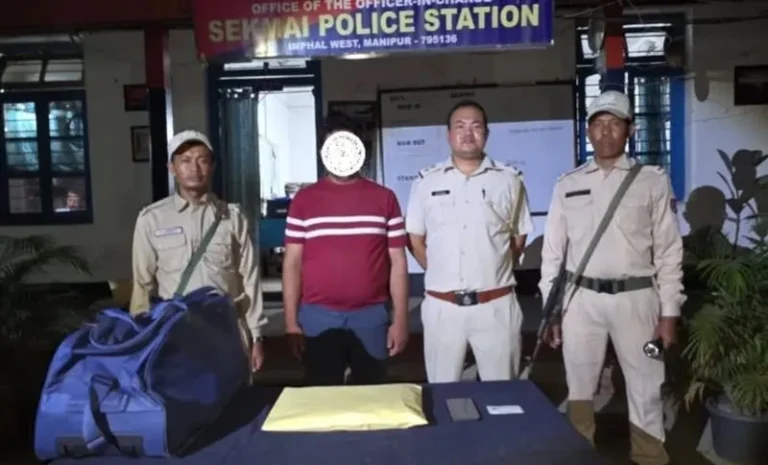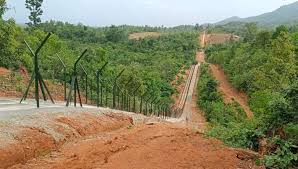Manipur: Two Arrested in POCSO sexual Case in Imphal East
Summary
Manipur Police apprehended two young men—Kshtrimayum Ajoy (20) of Tellou Mayai Leikai and Mangsatabam Ajay (21) of Nongada Kameng Khunjao—on July 20 in connection with a sexual assault case involving a minor under the Protection of Children from Sexual Offences (POCSO) Act at Lamlai Police Station in Imphal East district. The swift action following the complaint underscores law enforcement’s commitment to stringent legal procedures and community safety.
In-Depth Article
1. Introduction: Why This Case Matters
Hey there—let’s be real: hearing about crimes against children is gut-wrenching. When the safety of minors is at stake, every community watches and waits for justice. That’s why the recent arrests in Imphal East hit home, both for local residents and anyone who cares about protecting the vulnerable. This isn’t just “another news item”; it’s a testament to the zero-tolerance approach law enforcement is adopting under the POCSO framework to safeguard childhoods.
2. Understanding the POCSO Act: A Shield for the Vulnerable
Before we dive deeper, let’s unpack what the POCSO Act actually is. Enacted in 2012, the Protection of Children from Sexual Offences Act is India’s specialized legislation to combat sexual crimes against individuals under 18 years of age. Think of POCSO as a sturdy umbrella: it defines a range of offences—from aggravated penetrative assault to online exploitation—and lays out child-friendly procedures for recording statements and conducting trials. Violation of this Act can lead to severe penalties, including life imprisonment in more serious cases.
Why does it matter? Well, generic laws often overlook the unique vulnerabilities of children. POCSO fills that gap by ensuring the legal process doesn’t retraumatize young victims. Instead, it mandates trained personnel, in-camera trials, and swift investigation, all designed to put the child’s welfare front and center.
3. The Tellou Mayai Leikai Incident: Piecing Together the Timeline
Let’s rewind to the pivotal moment:
- July 20, 2025: A complaint was filed at Lamlai Police Station, Imphal East, alleging sexual assault of a minor in Tellou Mayai Leikai.
- Immediate Response: Within hours, investigating officers swung into action—interviewing witnesses, collecting preliminary evidence, and mapping out suspects.
- Arrests Executed: By the end of the day, two young men were in custody: Kshtrimayum Ajoy and Mangsatabam Ajay
This lightning-fast response wasn’t a stroke of luck. It came from rigorous standard operating procedures (SOPs) that police have refined under POCSO guidelines to avoid the heartbreaking delays that sometimes plague such cases in other regions.
4. Meet the Accused: Who Are Ajoy and Ajay?
Okay, names alone don’t tell the full story—but they’re important for accountability:
- Kshtrimayum Ajoy (20): Resident of Tellou Mayai Leikai, Imphal East.
- Mangsatabam Ajay (21): Resident of Nongada Kameng Khunjao, Imphal East.
Both are locals, familiar faces in their neighborhoods. The fact that suspects often come from the same community makes these cases even trickier. Why? Because social bonds can complicate reporting—victims might hesitate, families might face backlash, and neighbors may struggle to pick sides. Yet, zeroing in on local suspects also demonstrates law enforcement’s willingness to confront atrocities, no matter who’s involved.
5. Police Procedure: From FIR to Arrest
Ever wondered what happens behind the scenes once a complaint lands on a desk? Here’s a step-by-step snapshot:
- FIR Registration: Formalizing the complaint under the POCSO Act at Lamlai Police Station.
- Preliminary Inquiry: Interviewing the victim with child-friendly approaches—often in the presence of a parent or support person.
- Evidence Collection: Gathering physical evidence, medical reports, and any digital or circumstantial data.
- Suspect Identification: Through eyewitness accounts, CCTV footage, or community intel.
- Cordon-and-Search: Police cordoned off targeted areas to prevent suspect escape.
- Apprehension: Ajoy and Ajay were taken into custody on the same day the FIR was registered.
Conclusion: Toward a Safer Tomorrow
No sugarcoating here—child sexual offences are a dark stain on any society. But every arrest, every POCSO conviction, and every community meeting brings us one step closer to a world where children roam free from fear. Imphal East’s swift action against Ajoy and Ajay is more than a headline; it’s a call to action. Let’s answer that call—together.
FAQs
1. What is the POCSO Act and why is it important?
The Protection of Children from Sexual Offences (POCSO) Act, 2012, is India’s specialized law to address sexual crimes against minors, ensuring child-friendly procedures and stringent punishments
2. Who were the accused in this Imphal East case?
The suspects are Kshtrimayum Ajoy (20) and Mangsatabam Ajay (21), residents of Tellou Mayai Leikai and Nongada Kameng Khunjao respectively
3. How quickly did the police act after the complaint?
Police arrested the suspects on the very same day—July 20—demonstrating a rapid response as per POCSO guidelines.
4. What protections does POCSO offer a minor victim?
POCSO mandates in-camera trials, trained personnel for interviews, free legal aid, and completion of trials within one year where possible.
5. How can communities prevent such cases?
By organizing neighborhood watches, establishing “safe zones,” conducting educational workshops, and leveraging technology for monitoring.





